Social Farming
Naturland promotes social farming
The concept of social farming refers to farms that integrate, employ or take care of people with particular needs. These people may have a disability, be recovering from addiction, be in long-term unemployment or be a young offender. Social farming also includes opening up to the farm to children and senior citizens as part of farm education initiatives. Social farming can therefore contribute to a farm's overall income.
Working with plants and animals in a practical setting can help to stabilise and maintain health and it's something that has long been practised as part of so-called “green workshops” at institutions for people with disabilities. What's more, an increasing number of farm businesses are getting involved and taking care of people with disabilities on their farm. Germany's new Federal Participation Act enables access to increasingly better financing options. Organic farms in particular often choose this business model, as demonstrated by a Bavarian study in 2014.
Naturland supports its member farms through networking and publicity work, and calls on various clubs and associations to improve the opportunities available within agriculture for people with particular needs.
Your Contact
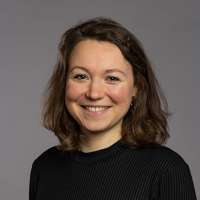
Ann-Kristin Schmidt
Naturland Fair
Social farming and community supported agriculture
Africa
Farm Profiles - Examples of Social Farming
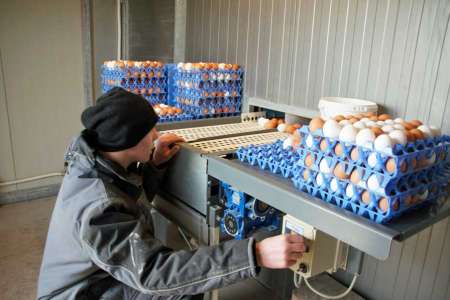
Derleth Farm
Sebastian Krause has been working on the Derleth family's Naturland farm in Salz, Bavaria, since September 2017 as part of the “Mensch inklusive” ("People too") project. The project, run by the Lebenshilfe Schweinfurt charity, aims to place people with disabilities in normal jobs. Both Sebastian Krause and the Derleth family benefit from this partnership.
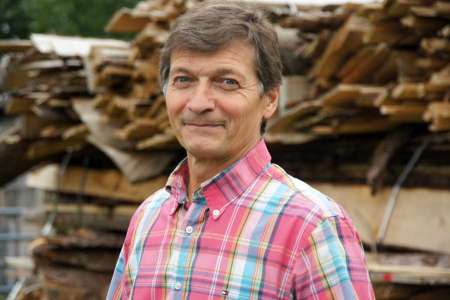
Wohlfahrt Naturland Farm
Since 2016, the Allgäu branch of the German Workers' Samaritan Federation (Arbeiter-Samariter-Bund) has run a senior day care centre on Stephan Wohlfahrt's Naturland farm. The centre is very popular with senior citizens and their relatives and it provides an important source of rental income for the farm, in addition to their work raising young stock and grazing cattle.
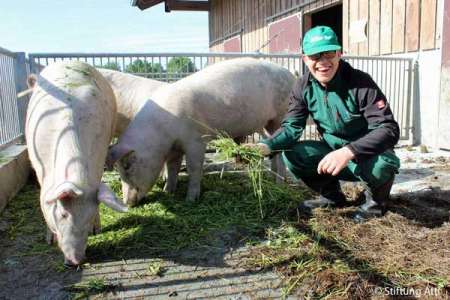
Attler Farm
In the hills above the tree-lined River Inn, you’ll find the Attler Farm. Located near Wasserburg in Upper Bavaria, it belongs to the Attl Foundation and has been farmed according to Naturland standards since 1989. People with disabilities have been employed here for many decades. The farm used to be part of Attl Abbey, a former monastery.
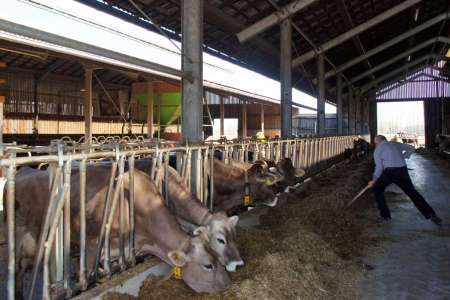
Gall Family
For several years, the Naturland farm run by Angelika and Johann Gall housed and employed young people dealing with addiction. Therapists were on hand to support the Gall family, their clients and their client's families. For young people, this type of therapy gave them the opportunity to get back on track and find their own, "healthier" path.
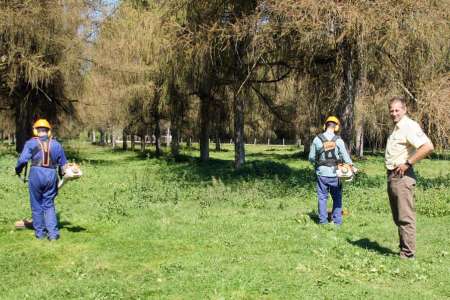
Laufen-Lebenau Correctional Facility
Young prisoners at the Laufen-Lebenau Correctional Facility in Bavaria work on its Naturland farm caring for animals, maintaining conservation areas and learning how to work with machinery. Through regular participation in strenuous manual labour, they learn the importance of perseverance, being reliable and respect for other living creatures.
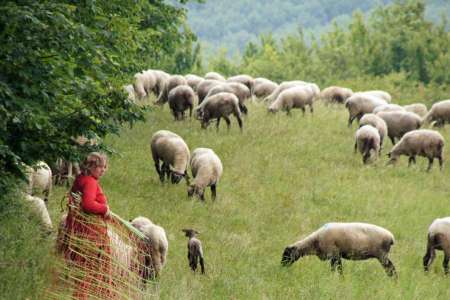
Drude Sheep Farm
Since 2009, this Naturland sheep farm, whose main income comes from landscape conservation, lamb fattening and sheep milk, has made six positions available for people with disabilities. Angelika and Wendelin Drude's family sheep farm in Welda (Höxter district, North Rhine-Westphalia) has operated as an external employment promotion centre for the Marsberg housing association, which is run by the Regional Association of Westphalia-Lippe, since then.
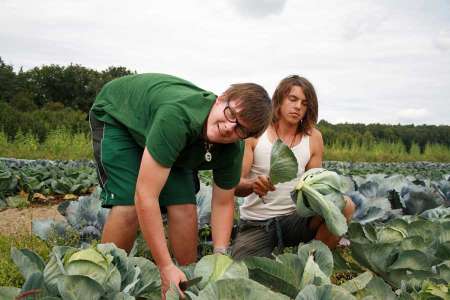
Regens-Wagner Hohenwart
Naturland's Regens-Wagner Hohenwart farm employs people with and without disabilities, as well as apprentices, in horticultural and agricultural activities. They produce food and energy for their own consumption and for sale. Their work allows them to be occupied outdoors and gives them the opportunity to take responsibility for plants and animals.
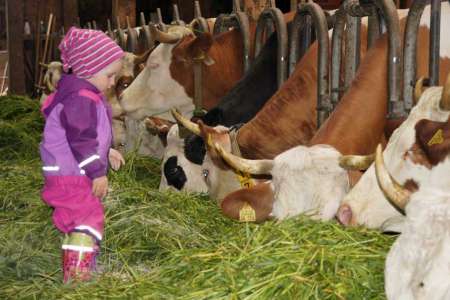
Donhauser Farm
For over ten years, children from crisis countries came to Helga and Georg Donhauser's Naturland farm to recover after undergoing operations. The countryside surroundings, animals and nature, and the warm, welcoming atmosphere on the farm helped them to recover in a foreign country when they didn't their own families around them.



